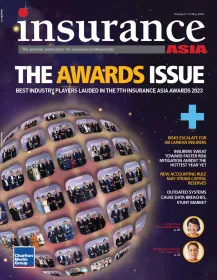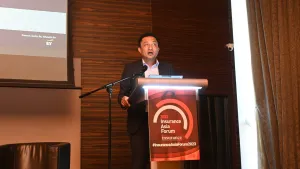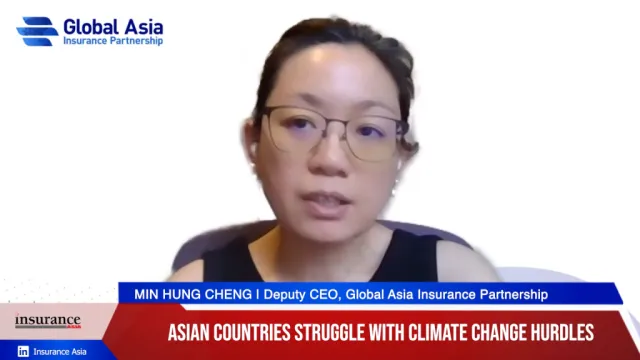
HK residents hesitant in long-term financial planning – Prudential
Despite setting savings targets, individuals face challenges in achieving financial freedom, as 52% of their income goes towards daily expenses.
Hong Kong survey respondents said they feel cautious about their overall confidence in their financial well-being, even in the long run.
Prudential Hong Kong’s Financial Wellbeing Tracker resulted to a score of 53.1 out of 100, which evaluates financial health based on four perspectives: "Security Now," "Security in the Future," "Financial Freedom Now," and "Financial Freedom in the Future."
The findings highlighted stronger confidence in current financial security but indicated hesitancy in planning for long-term financial freedom. The survey Respondents express higher confidence in present and future financial security (59.9 and 52.6 points, respectively) compared to current and future financial freedom (52.3 and 47.5 points).
Despite setting savings targets, Hong Kong individuals face challenges in achieving financial freedom, as over half of their income (52%) goes towards daily expenses.
As individuals age, their concerns shift from parental health to external factors like the impact on their standard of living (57%), housing costs (56%), and economic conditions (51%).
ALSO READ: Prudential to see robust financial status in 12-18 months: Moody’s
This underscores the importance of advanced financial planning to sustain their lifestyle in retirement.
The survey indicated an age-related increase in the tracker scores. The younger generation (18-35) scores 51.9 points, rising to 52.4 points for those aged 36-49, while the 50-60 age group is the most financially optimistic with an overall score of 55.1 points.
Interestingly, older age groups consistently achieve higher scores across all pillars, except for "Security Now," where the 36-49 age group scored the lowest at 59.3 points. This lower sense of present financial security is attributed to familial duties such as parents' allowances (27%), childcare, and children's education (27%), which impact monthly savings.
Concerning the future, younger generations (18-35) perceive less security and freedom than their older counterparts.
Challenges include a lack of clear saving targets (26%) and certain financial responsibilities (43%). In contrast, the over-50s, likely free from financial support obligations, exhibit a more optimistic outlook, having accumulated wealth.











 Advertise
Advertise












